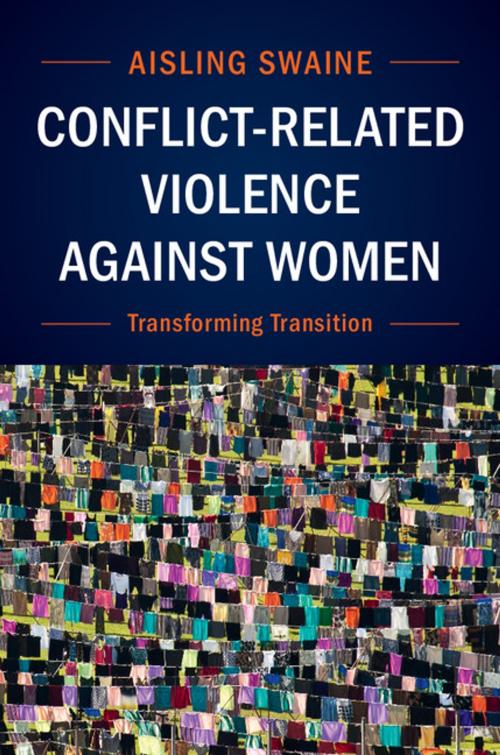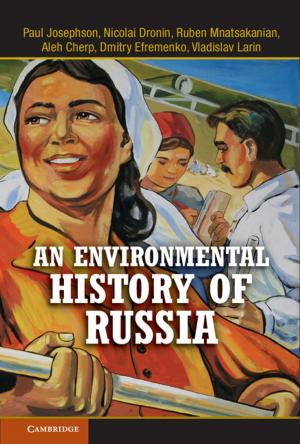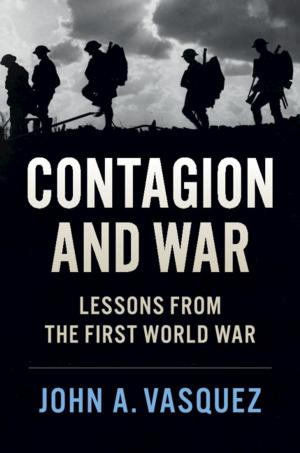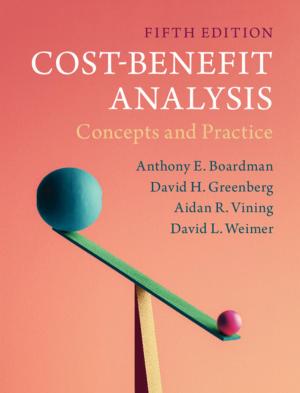Conflict-Related Violence Against Women
Transforming Transition
Nonfiction, Reference & Language, Law, International| Author: | Aisling Swaine | ISBN: | 9781108325905 |
| Publisher: | Cambridge University Press | Publication: | November 30, 2017 |
| Imprint: | Cambridge University Press | Language: | English |
| Author: | Aisling Swaine |
| ISBN: | 9781108325905 |
| Publisher: | Cambridge University Press |
| Publication: | November 30, 2017 |
| Imprint: | Cambridge University Press |
| Language: | English |
By comparatively assessing three conflict-affected jurisdictions (Liberia, Northern Ireland and Timor-Leste), Conflict-Related Violence against Women empirically and theoretically expands current understanding of the form and nature of conflict-time harms impacting women. The 'violences' that occur in conflict beyond strategic rape are first identified. Employing both a disaggregated and an aggregated approach, relations between forms of violence within and across each context's pre-, mid- and post-conflict phase are then assessed, identifying connections and distinctions in violence. Swaine highlights a wider spectrum of conflict-related violence against women than is currently acknowledged. She identifies a range of forces that simultaneously push open and close down spaces for addressing violence against women through post-conflict transitional justice. The book proposes that in the aftermath of conflict, a transformation rather than a transition is required if justice is to play a role in preventing gendered violence before conflict and its appearance during and after conflict.
By comparatively assessing three conflict-affected jurisdictions (Liberia, Northern Ireland and Timor-Leste), Conflict-Related Violence against Women empirically and theoretically expands current understanding of the form and nature of conflict-time harms impacting women. The 'violences' that occur in conflict beyond strategic rape are first identified. Employing both a disaggregated and an aggregated approach, relations between forms of violence within and across each context's pre-, mid- and post-conflict phase are then assessed, identifying connections and distinctions in violence. Swaine highlights a wider spectrum of conflict-related violence against women than is currently acknowledged. She identifies a range of forces that simultaneously push open and close down spaces for addressing violence against women through post-conflict transitional justice. The book proposes that in the aftermath of conflict, a transformation rather than a transition is required if justice is to play a role in preventing gendered violence before conflict and its appearance during and after conflict.















